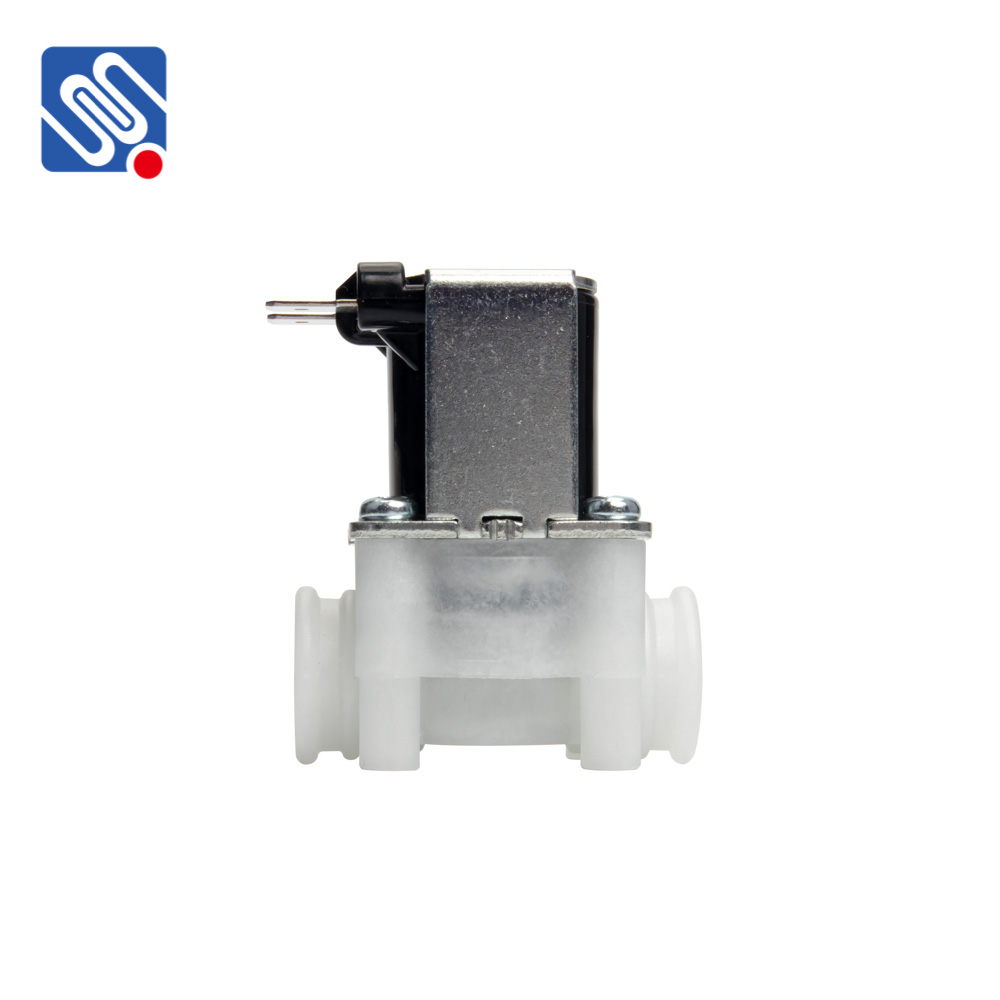understanding the pvc solenoid valve: features, applications, and advantages
Release time:2025-08-08 15:58:28
The PVC solenoid valve is an essential component in various fluid control systems, particularly in industries where corrosion resistance, ease of maintenance, and cost-effectiveness are crucial. Made from polyvinyl chloride (PVC), these valves are used to regulate the flow of liquids or gases through a pipeline by controlling the opening and closing of the valve with an electrically operated mechanism. In this article, we will explore the features, advantages, applications, and working principle of PVC solenoid valves to better understand their importance in modern industrial applications.

What is a PVC Solenoid Valve? A PVC solenoid valve is a type of electromechanical valve that uses an electromagnetic solenoid to control the opening and closing of the valve. These valves are typically made from durable, corrosion-resistant PVC material, making them ideal for use in environments where exposure to chemicals, salts, or other corrosive substances is common. Solenoid valves, including PVC variants, play a crucial role in automating fluid control systems, allowing for remote or automated operation without manual intervention. Features of PVC Solenoid Valves Corrosion Resistance: One of the key features of PVC solenoid valves is their resistance to corrosion. PVC, a non-metallic material, can withstand exposure to a wide range of chemicals, acids, and alkalis. This makes PVC solenoid valves an ideal choice for industries dealing with aggressive chemicals or environments prone to corrosion.

